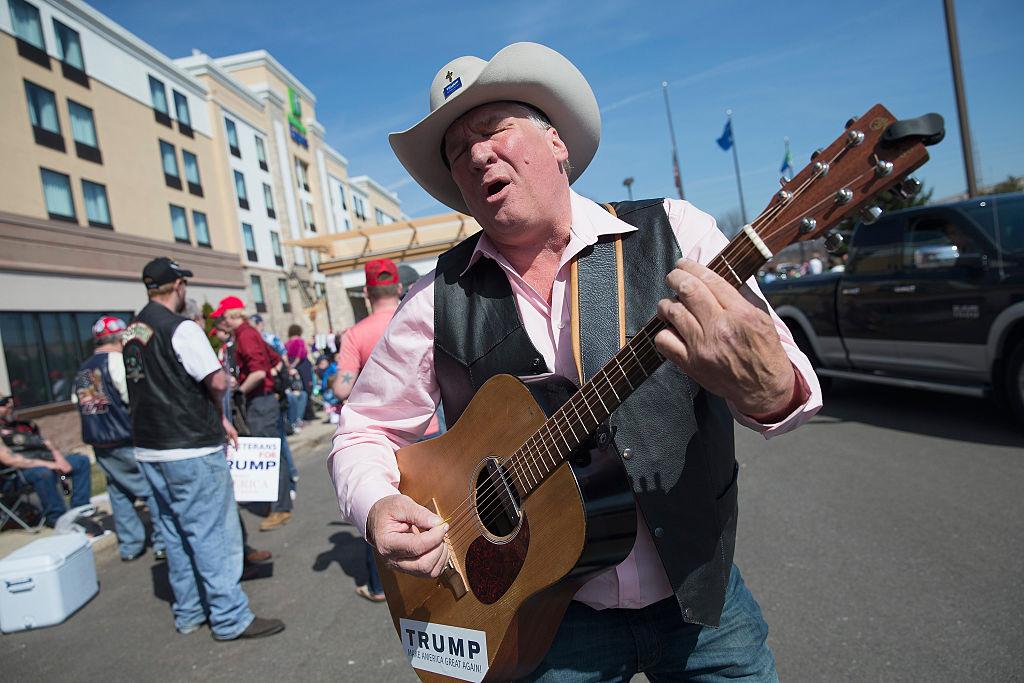President Donald Trump made a big promise on health care during his campaign—cheaper coverage for more people. Whether he delivers may sway many a voter and perhaps nowhere is this reflected more starkly than in his addressing the epidemic of opioid addiction.
Because the opioid epidemic has spread into the conservative havens of suburban and rural communities, many Republican voters, who may have traditionally cared little for addiction treatment coverage, now deem it essential.
Kraig Moss was one of them. In 2014, he lost his son to an opioid overdose. Two years later, on a campaign rally in Iowa, Trump answered his question and then talked to him some more while mingling with people after the rally.
“[He] told me he was going to work at making treatment centers more readily available,” Moss said. “From that point on, he had me.”
Moss followed Trump along the campaign trail, playing guitar and singing songs in support of the candidate. Sharing his story, he found many other Trump voters had a similar motivation—they believed Trump would be a Republican who will take care of the addicted.






